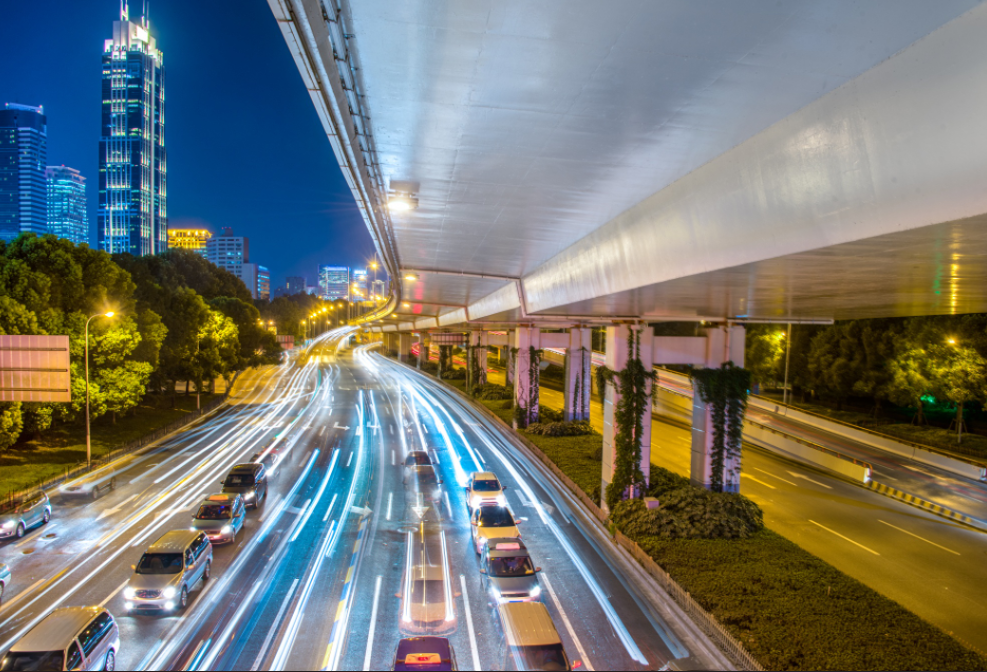Metro rail projects are driving a transportation revolution in India, offering a sustainable, efficient, and congestion-free commuting experience. With rapid urbanization, the need for reliable public transit has never been greater. Metro networks are bridging the gap between urban centers and suburban regions, enhancing connectivity and reducing travel time. Events like the Urban Mobility and Infrastructure Show (UMIS) and the MaaS Event (Mobility as a Service) provide a platform for experts to discuss innovations that make metro systems smarter, more efficient, and future-ready.
Metro Projects: A Game Changer for Indian Cities
The expansion of metro networks across cities like Delhi, Mumbai, Bengaluru, Hyderabad, Chennai, and others is bringing significant improvements to urban transportation. Key benefits include:
- Decongesting Roads: By offering a dependable alternative to private vehicles, metros help reduce road traffic and cut down commute times.
- Enhancing Accessibility: Metro lines connect remote and underserved areas with business districts, educational institutions, and healthcare facilities.
- Multi-Modal Integration: Many metro stations are now linked with bus services, ride-hailing platforms, and cycling lanes, creating seamless urban mobility.
Economic and Social Impact of Metro Expansion
Metro projects are not just improving transportation—they are fueling economic growth and urban development:
- Real Estate Boom: Property values around metro corridors increase, driving commercial and residential development.
- Employment Generation: Construction, operations, and maintenance of metro systems create thousands of jobs.
- Cost-Effective Travel: With fixed fares and predictable schedules, metros provide an economical and time-efficient travel option.
Eco-Friendly and Sustainable Transport Solutions
Metro rail systems are a green alternative to fuel-driven transportation, significantly lowering carbon footprints.
- Reduced Air Pollution: With fewer private vehicles on the roads, metros contribute to cleaner air in cities.
- Energy-Efficient Technology: Modern metro systems use renewable energy sources, regenerative braking, and solar-powered stations.
- Lower Greenhouse Gas Emissions: Electric metro trains offer an environment-friendly solution to urban transport.
Smart Technology in Metro Systems
Advancements in smart transportation solutions are transforming the way metro services operate, making them more efficient and user-friendly:
- Digital Ticketing & Contactless Payments: Metro riders now enjoy seamless ticketing with smart cards and mobile apps.
- AI-Powered Traffic Management: Artificial intelligence helps optimize train frequency and reduce service delays.
- Live Travel Updates: Passengers receive real-time information on train schedules and route changes through digital displays and apps.
- Enhanced Safety Measures: AI-driven surveillance and emergency response systems ensure a safer commuting experience.
Role of UMIS and MaaS Event in Metro Development
The Urban Mobility and Infrastructure Show (UMIS) serves as a knowledge-sharing hub, bringing together policymakers, urban planners, and industry leaders to discuss metro expansion and smart transport solutions. The MaaS Event explores the role of integrated mobility services in creating seamless urban transportation networks. These events highlight the latest advancements in metro infrastructure and their impact on shaping sustainable urban mobility.
Future of Metro Networks in India
With government initiatives and increased funding, metro networks are set to expand further, bringing new opportunities and advancements:
- Metro Expansion to Tier-2 & Tier-3 Cities: Cities like Bhopal, Patna, Surat, and Agra are already developing metro networks.
- Green Metro Initiatives: Adoption of energy-efficient trains, solar-powered stations, and eco-friendly construction techniques.
- Integration with High-Speed Rail: The future of urban mobility could see metro rail networks complementing bullet trains and hyperloop projects.
Conclusion
Metro rail projects are playing a crucial role in shaping India’s urban mobility landscape by offering an eco-friendly, efficient, and cost-effective transportation solution. As cities continue to expand, metro networks will be instrumental in reducing congestion, improving accessibility, and promoting sustainable transport. Industry events like UMIS and the MaaS Event provide a platform to explore new technologies, policy frameworks, and innovations driving the future of metro infrastructure in India. The transformation of urban mobility is well underway, paving the way for a smarter, more connected future.






Comments